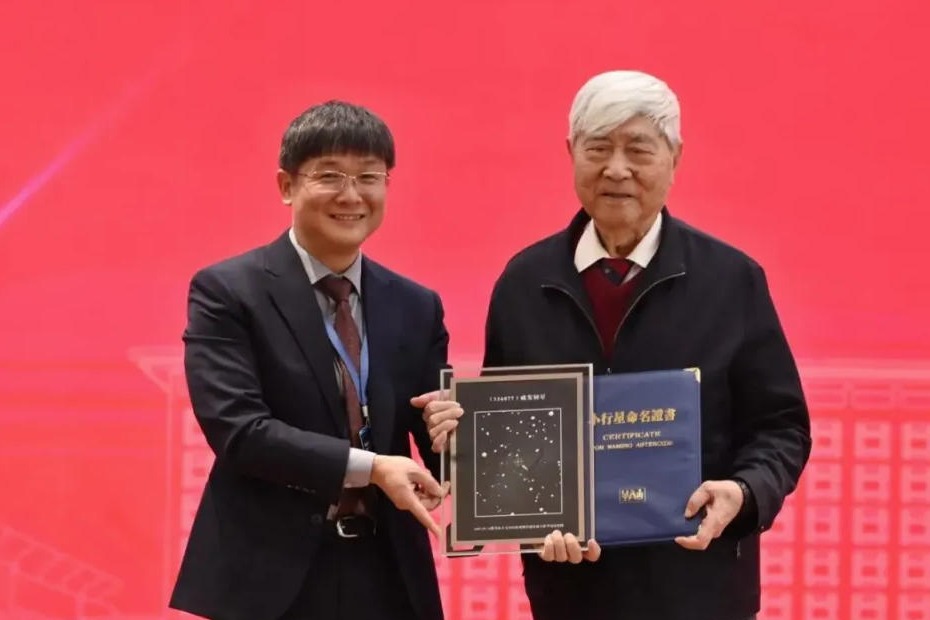China, from good student to wise teacher

Importance of mentality

President Xi Jinping made poverty eradication a personal mission more than 30 years ago when he was Party chief of Ningde in Fujian province.
In his book Up and Out of Poverty he sets out four important principles: avoiding a poverty mentality (if you believe you are poor, you will be); adopting development measures suitable to local conditions; the importance of strong leadership and coordination; and not wasting money on grandiose projects just because they may be popular. The element regarding mentality is important, Brown said, and in many ways feeling impoverished is almost comparative.
He cited the UK of the 1980s as an example.
"Many argued that people shouldn't feel poor because they had a basic social security net and support, and there weren't the levels of poverty seen in the developing world, in Africa or Latin America for instance.
"But some argued that in a society like Britain, just lacking a decent television, decent housing and decent cars made people feel poor. Absolute poverty in fact is simply a theory; relative poverty is the reality. And to make people feel that they live in a society where they can aspire to get out of their current situation and move into better ones is important."
In contemporary Chinese society, the opportunity to think of oneself as no longer being poor and feeling that at least something is possible, and things will get better, is crucially important, he said.
"It shows an optimistic mindset, and where there is optimism, then things are always possible. That also demands a set of government policies and attitudes that support this."
The Chinese government has been enormously successful in lifting people into greater wealth and creating a more prosperous society, he said.
In less than 40 years China has emerged from an agrarian society to become an upper-middle-income country and the world's second-largest economy. It began this period by being the manufacturing workshop of the world and now has a large service sector and one of the biggest consumer markets in the world.
Such transitions, Brown said, were achieved because China studied the outside world, including organizing study tours for government officials to places such as Japan, Singapore and the UK in the 1980s, but at the same time the government also strove to adapt to its own conditions.
"It was clear that Deng Xiaoping's instructions even then were to be open-minded about what was looked at, to take ideas that might work for China, but to never lose sight of local conditions.
"This created the very bespoke and particular Chinese development model that we have seen over the last decades, and which has been behind so much growth and stimulation."
China is unique in its own way in terms of scale, Brown said, and it has come up with a set of policies that deal with improving human development, education, health levels and the physical infrastructure in rural and peri-urban areas, allowing a combination of innovation but also central health. "This probably explains some of the flexibility of the Chinese approach, and why it worked. It wasn't a one-size-fits-all approach, but nor did it mean that everywhere went their own way."
Over the past decade, this way of development has gradually been depicted by some economists as a "China model", in which the country gained a huge amount of information and knowledge about implementing growth strategies, and making it possible for large groups of people to lift themselves from poverty since 1978.
Brown said China is now in a position not just to be a learner, but to be a teacher as well.
The idea of China as a teacher may be willingly accepted in Africa or Latin America, but the general mindset for most Europeans is that China should still be learning from the West, in areas such as technology, developing a finance sector and addressing its environmental and sustainability challenges, he said.
"It is very difficult to convey to people unfamiliar with China's conditions now that it does have a vast amount to teach, and that in many areas it is already ahead of the West. The patronizing idea that it just needs to sit and take instruction from others needs to disappear. The best position for all of us is to learn together-and China being a teacher in many areas is important."
- Chinese researchers reveal how urban heat sources intensify extreme heat events
- China's clean power shift hailed as scientific breakthrough, spotlighting global leadership
- Ten keywords to highlight China's carbon reduction progress in 2025
- Sichuan breaks 100-m-kw mark in hydropower installed capacity
- 3 killed, 1 injured in South China knife attack
- Taiwan opposition lawmakers announce plan to impeach Lai Ching-te




































